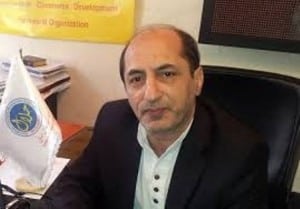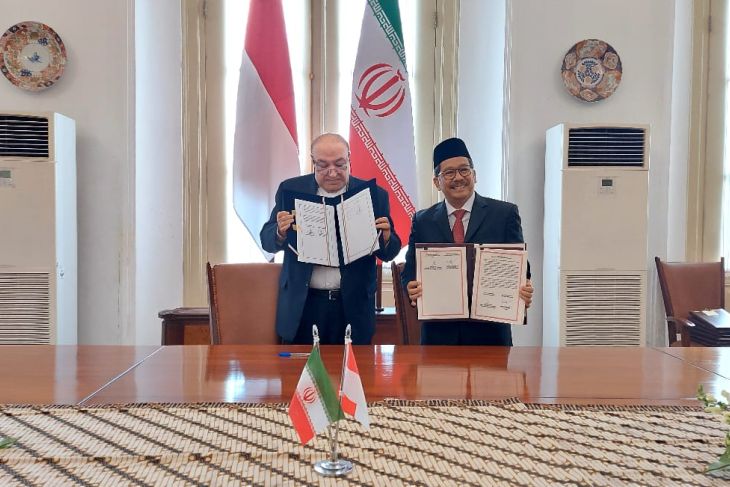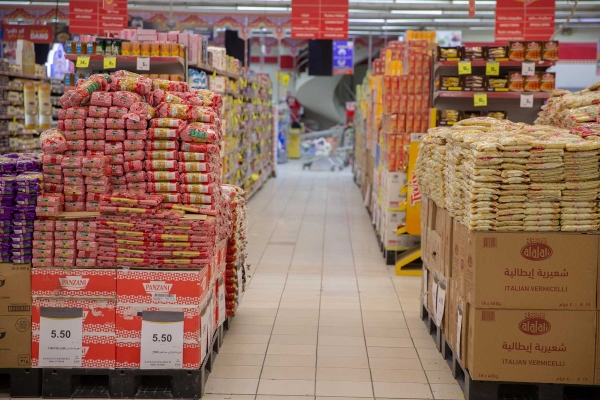
While obtaining the Halal Food Standard is still not obligatory in Iran yet, it is granted to the Iranian products as a promotion measure, said the secretary general of Halal World Institute, Abdol-Hossein Fakhkhari in the opening ceremony of the Halal World Institute Office in Mashhad.
He said that presently more than 1,000 famous Iranian industrial food products are fully observing the requirements for obtaining the Halal Food Standard label.
The secretary general of Halal World Institute said that those food manufacturers have in fact obtained both the Iranian Standard Institutes label of approval and the Halal World Institutes, which is approved in 57 Islamic world countries.
He said that in case some industrial food products do not exactly match the Halal World Institutes requirements for Halal Food Standard label that insatiate does not reject them, but will instead offer them the required training to enable them to acquire the Halal Food Standard label.
Fakhkhari said that presently the Iranian Halal food exports amount is 5 billion US dollars, adding, The capacities in Iran for exports of Halal food are much higher than that.
Relying on the existing capacities and potentials Iran can export thirty billion dollars of Halal food annually, which can potentially increase up to 100 billion dollars, if it is supported and encouraged, he added.
He said that the volume of the world Halal food trade, keeping in mind the 2 billion population of the world Muslims, is estimated to be at least 2,000 billion dollars.
That amount is so huge that it has attracted the attention of most world economists, said the secretary general of Halal World Institute.
He said that Malaysia is today trying to gain a ten percent share of the worlds Halal food exports share, providing food for the world Muslims, and Iran, as a Muslim country with such broad potentials, can at least gain a 5% share of that trade.
Fakhkhari said that during the past eight years that Halal World Institute has been active in Iran effective measures in expansion of the Halal food trade have been adopted, the first of which has been granting the Halal Food labels to major Iranian industrial food products.
He said that in addition to that Halal World Institute has thus far organized nine rounds of training Halal food technicians in two levels.
The secretary general of Halal World Institute said that his affiliated institute has also launched the worlds first Halal News Agency (www.halaworldinstitute.org), held the first International Halal Food Day in Iran on the 17th of the fasting month of Ramadan, praised the top 40 Halal industrial food brands and established Halal Terminals in some free trade zones of the country.
Fakhkhari also referred to President Hassan Rouhanis attention to Halal tourism, arguing that the Halal World Institute has made efforts in that respect and harmonized with some free zones, such as Kish, aimed at gradual launching of the Halal Tourism Terminal.
In order to promote and expand Halal culture, Halal World Institute was established in 2007. Once Halal Food Standards were approved by the Organization of Islamic Cooperation (OIC) in 2010, its scope of activities was expanded into new sectors like Halal science, Halal regulations, and Halal code of conduct.
The OIC is comprised of 57 countries in which either the majority of population or considerable minority constitute Muslims. Different institutions exist in OIC family, a number of which such as Islamic Development Bank (IDB), Islamic Chamber of Commerce and Industry (ICCI) and Islamic Chamber Research and Information Center (ICRIC) deserve mentioning.
Halal World Institute is affiliated to ICRIC and has planned to be active in “Halal food”, “Halal certificate”, “Halal standards”, “Halal regulation”, “Halal restaurant” ,“Halal medicines” ,“Halal cosmetics” ,“Halal services” ,“Halal textile”, “Halal tourism”, “Halal banking”, “Halal insurance”, “Halal transportation”, “Halal hotels”, “Halal chain stores”, “Halal training”, “Halal research”, “Halal institutions”, “Halal culture building”, “Halal standardization”, “Halal rule making”, “Halal Structure” and “Halal trade ”.



